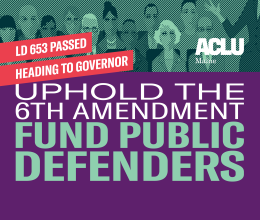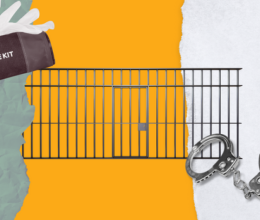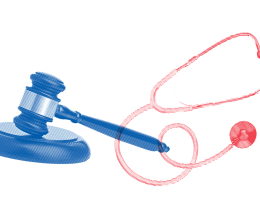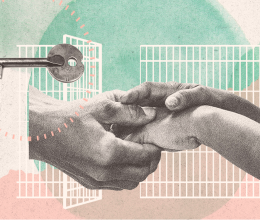Last Tuesday, we all heard the tragic news of the botched execution of Clayton Lockett, an Oklahoma man sentenced to death for the murder of a woman in 1999. Thirteen minutes after the medical technician had injected the sedative and three minutes after the two lethal drugs had been administered, Mr. Lockett’s body twitched, his foot shook and he mumbled. A few minutes later he lifted his head and shoulders off the gurney. At 6:39, sixteen minutes after the execution had started, Oklahoma Department of Correction’s Director Robert Patton halted the execution. At 7:06, Mr. Lockett died of a massive heart attack.
Recently, there has been an increased media spotlight on the use lethal injection - by far the most predominant method of execution in the United States. Due to a 2011 export ban by the European Union, U.S. prisons are facing a growing shortage of sodium thiopental, a key anesthetic in lethal injections. Other smaller drug makers around the world have also declined to sell sodium thiopental and other lethal-injection drugs to U.S. states, citing activist pressure, the fear of lawsuits, and their ethical obligations.
States are now utilizing untested drug combinations amounting to what the Executor Director of the ACLU of Oklahoma, Ryan Kiesal called a “human science experiment.”
Beyond concerns around use of untested drugs, there is the fundamental question of whether there is such thing as a humane execution. The ACLU believes that capital punishment inherently violates the Constitutional ban against cruel and unusual punishment. We oppose the death penalty in all circumstances, and are dedicated to working to abolish it.
This point is clearly articulated on our Case Against the Death Penalty page available here.
A society that respects life does not deliberately kill human beings. An execution is a violent public spectacle of official homicide, and one that endorses killing to solve social problems – the worst possible example to set for the citizenry, and especially children. Governments worldwide have often attempted to justify their lethal fury by extolling the purported benefits that such killing would bring to the rest of society. The benefits of capital punishment are illusory, but the bloodshed and the resulting destruction of community decency are real.
To read more about the ACLU's Capital Punishment Project please click here.
In addition to inherently violating the constitutional ban against cruel and usual punishment, the death penalty has been unfairly applied - disproportionately affecting people of color and the poor and people living in certain geographic regions of the country. Furthermore, research has show it is an ineffective deterrence for future crime and incredibly expensive.
Maine is fortunate – we abolished the death penalty in 1887. However, under federal law a Mainer could still face a death sentence. We need to continue to work to abolish this barbaric practice at the federal level and in all states where it is still legal. To learn more about the ACLU’s Capital Punishment Project and to take action to end the use of the death penalty click here.







